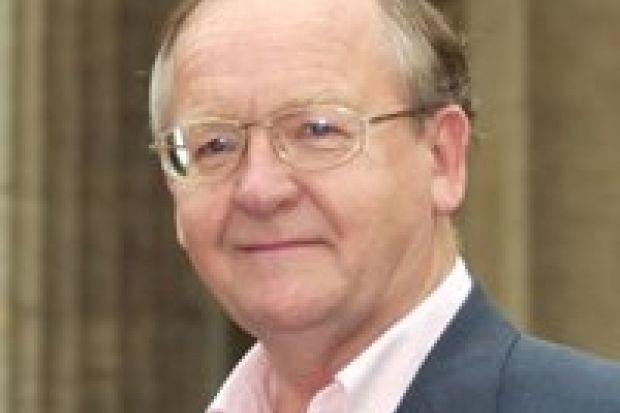Andrew M. Pettigrew, professor of strategy and organisation at the University of Oxford’s Saïd Business School, was discussing “scholarship with impact” as part of the third annual Business Week at Birkbeck, University of London, held from 25 to 28 June.
“As many as 50 per cent of papers are never read by anyone other than their authors, referees and journal editors,” he pointed out, and 90 per cent are never cited.
“If the duty of the intellectual in society is to make a difference,” as Sir Thomas More argued shortly before his execution in 1535, Professor Pettigrew claimed that “the management research community has a long way to go to realise its potential”.
The model of “modernist science”, he went on, was based on a search for universal laws and rigorous testing leading to firm conclusions – and “only then could scientists hand over to practice the fruits of their labours”.
What was now needed was an approach that combined “searching for general truths” with “a new concern for action, dynamics, context and complexity”.
“Impact” in any useful sense, continued Professor Pettigrew, could only be determined “through an analysis of the context, content and process of knowledge production”.
It was up to today’s academics to shift their focus from “intermediate goals” such as published output to the “final goods” of both academic and real-world impact – and to embrace “the complementary benefits of ‘what-is’ and ‘how-to’ knowledge”.
Only such a “contextualist and dynamic view of knowing”, he concluded, could create the conditions “to meet the double hurdle”.
